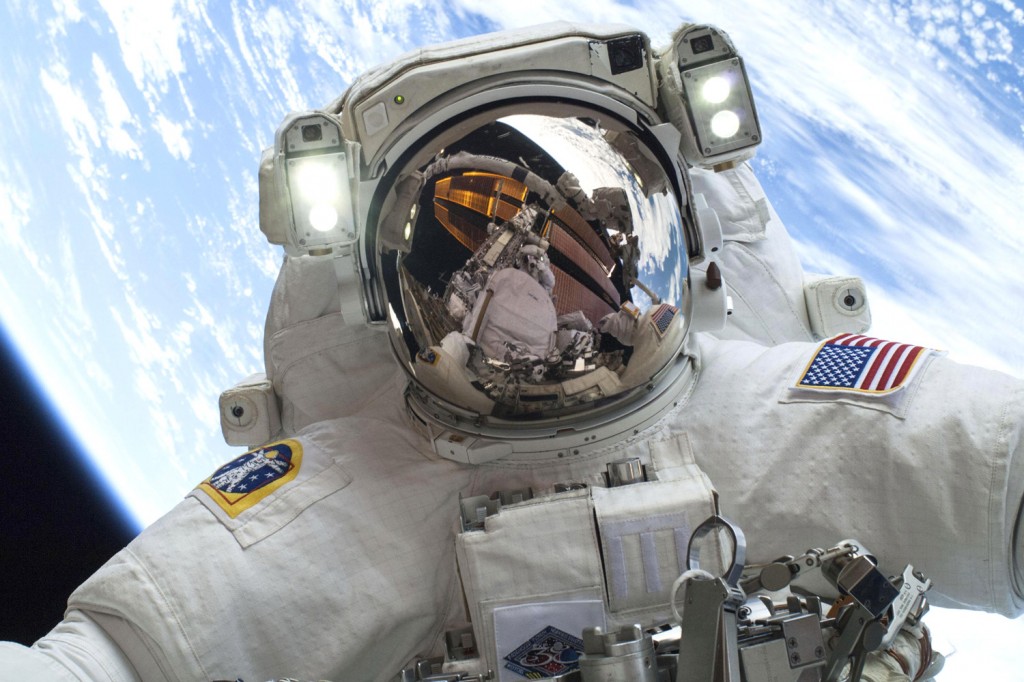
According to the longest sleep study ever conducted in space, astronauts’ use of sleeping pills, such as Ambien, is extremely high. The decade-long study also revealed space-farers are chronically sleep deficient while in orbit, and during the period leading up to blastoff. The study was published in the August issue of The Lancet Neurology.
Researchers from Harvard Medical School, University of Colorado, and Brigham and Women’s Hospital tracked 85 astronauts over 4,000 nights of sleep on Earth and 4,200 nights in space. 64 of the study’s subjects were on 80 different shuttle missions, and 21 were aboard the International Space Station or ISS.
78 percent of the shuttle crew reported taking Ambien (zolpidem) and zaleplon, both powerful sleep drugs, on more than half the nights they spent in space. Similarly, 75 percent of subjects on the ISS claimed they took the medication at some point.The study concludes that more effective measures are needed to encourage rest during space flight. Although NASA schedules personnel for 8.5 hours of downtown per night, it was found that the average length of sleep was around 6 hours.
The lead author, Laura K. Barger, PhD, from the Brigham and Women’s Hospital Division of Sleep and Circadian Disorders, cites the findings as concerning given that lack of sleep puts astronaut daily performance and safety in jeopardy. She explains that the U.S. Federal Drug Administration cautions patients “against engaging in hazardous occupations requiring complete mental alertness or motor coordination,” given performance impairment “that may occur the day following ingestion of sedative/hypnotics.”
ncG1vNJzZmivp6x7sa7SZ6arn1%2Bjsri%2Fx6isq2ejmLamusKeZq2dnmLGpq3RZpisrKKku6LB02aqpZ2VpXq0wNSdsGaqlauyorjSZq6inJWovbOxwJ1krquVYsCtscSpoKefXaW2rbjSZqqpmZOa